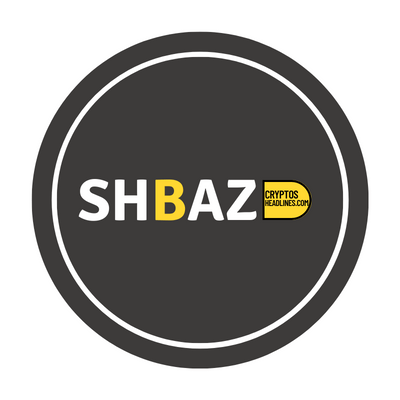Chainlink and the Arbitrum Foundation will host a VRF workshop on May 22nd. The Chainlink VRF has successfully completed over 15.8 million request transactions.
Arbitrum, a scaling solution for Ethereum, and Chainlink, a decentralized oracle network, have collaborated to introduce Chainlink Verifiable Random Function (VRF) on Arbitrum One. This allows developers to utilize one of the widely used random number generators in the blockchain sector.
Chainlink and the Arbitrum Foundation are hosting a VRF workshop on May 22nd. In an official announcement, it was stated that Chainlink VRF has been implemented on Arbitrum One. This integration enables developers to leverage the benefits of both Chainlink and Arbitrum when building smart contracts and decentralized applications in the future.
Also Read This: Crypto Exchange Volume Drops Due To Debt-Ceiling Discussions
Banking on VRF
Chainlink VRF has become the most widely used random number generator (RNG) in the crypto industry. It offers a safe, scalable, and fair solution for smart contract developers to build NFT and gaming apps. By utilizing a single optimistic rollup, dApps can achieve high transaction throughput at low costs. Arbitrum plays a crucial role in reducing Ethereum transaction congestion while maintaining security, as acknowledged by Johann Eid, VP of Go-To-Market at Chainlink Labs.
The integration of Chainlink VRF on Arbitrum One brings benefits to both the Arbitrum and Chainlink communities. With over 6,300 smart contracts across different blockchains, Chainlink VRF offers verified randomization. It has successfully completed over 15.8 million request transactions.
Chainlink and Arbitrum have joined forces to support developers in building advanced decentralized applications (DApps) that utilize important smart contract functionalities. Through Chainlink Automation on Arbitrum One, essential smart contract operations can be automated in a decentralized manner. Furthermore, Chainlink has established partnerships with innovative companies like Optimism, Coinbase Cloud, and SWIFT.
Important: This article is intended solely for informational purposes. It should not be considered or relied upon as legal, tax, investment, financial, or any other form of advice.













